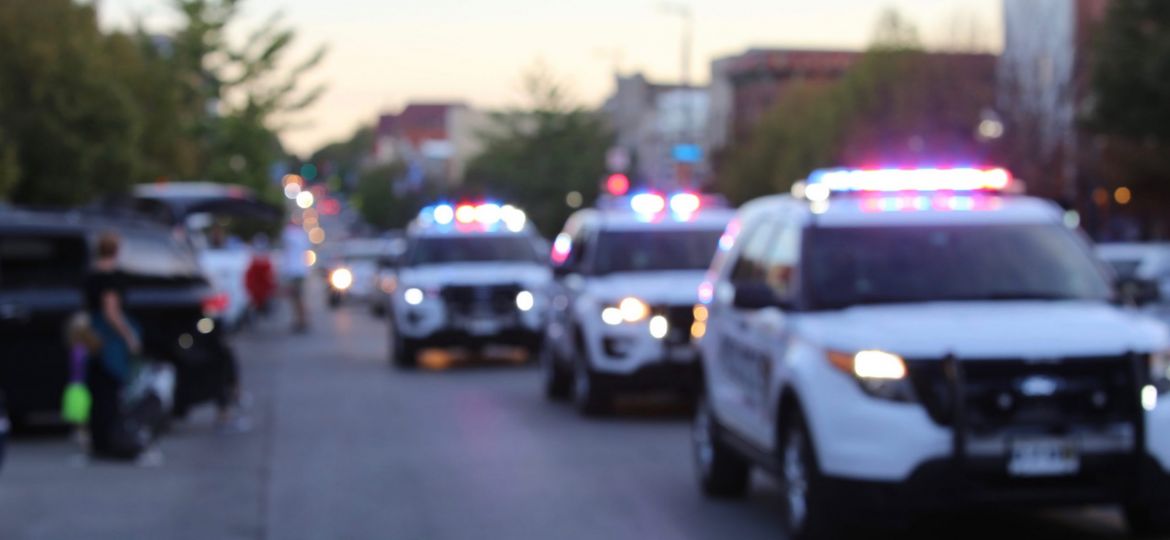
LAWRENCE, Kan. – As members of the public nationwide have viewed law enforcement with a higher level of scrutiny in recent weeks, one of many emerging concerns is a fairly simple question: Must officers provide their names and badge numbers when asked?
The short answer is “probably,” but not necessarily by law. There’s no Kansas statute or federal law that says law enforcement officers must provide their names and badge numbers upon demand, said Sgt. Amy Rhoads, public information officer for the Lawrence Police Department.
However, many departments make it a policy to do so, and that is true of LPD, Rhoads said.
Although LPD’s sworn officers don’t technically have “badge numbers,” Rhoads said they do have computer-aided dispatch, or CAD, numbers that identify them.
Department members also have identification cards. Technically, under department policy, they must display those ID cards “in a courteous manner to any person upon request and as soon as practicable.”
Some officers, such as investigators, wear polos and khaki pants rather than typical police uniforms, and they generally wear their cards, Rhoads said. However, other officers have their ID cards with them but not necessarily in or on their uniforms, so the typical practice is to provide their names and CAD numbers upon request, Rhoads said.
Rhoads said there was an incident in the past week in which some officers were sitting in a parking lot discussing a case, and a couple of people came up and demanded to see the officers’ ID cards. Those officers weren’t on a call, she said, and those people had gone out of their way to interfere with what the officers were doing.
In general, if someone involved in an incident or a bystander who witnesses an incident wants to follow up with the department, that person could ask officers for their names, and when the officers are no longer engaged in the call for service, Rhoads said they would at that point give their names and CAD numbers. However, she said she thought it was inappropriate for somebody to interfere with a call when officers are trying to do their jobs or when a citizen is trying to file a report with police.
“We’ve always told our officers, ‘If you’re out in public, you’re on a call and somebody that you’re dealing with on the incident requests your name and badge number, you provide them with your name and your (CAD) number, … when somebody asks for that in a respectful way,’” she said.
Chelsea Kapfer, a Lawrence resident who has spoken with the Journal-World after witnessing a recent interaction with police, said that when she asked the officers for their names, “they ignored us.”
“When the supervisor showed up, we asked him for their names and he just gave us his card and told us he was the person we needed to talk to,” Kapfer said via email.
If officers don’t provide their CAD numbers, it is a violation of department policy, Rhoads said.
“If the person involved in that felt that they needed to or they wanted to, they could contact the officer’s supervisor to file a complaint or to report a complaint,” Rhoads said.
But how would they know whom to contact if they can’t identify the officer?
All calls to LPD and calls for service that officers generate are assigned a specific number. An officer is assigned to each call.
“So if the officer is on a call with you and you call, or you’re the witness, we’ll be able to track that information,” Rhoads said.

